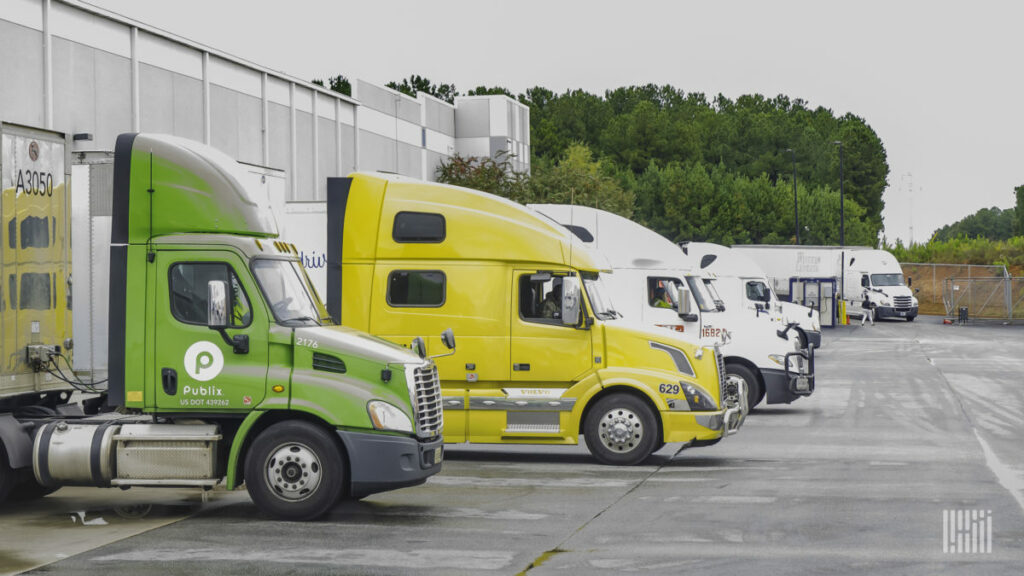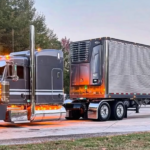Shippers, retailers, marine terminals would be required to open their facilities to truckers.
The Trucker Bathroom Access Act, recently introduced by U.S. Representatives Troy Nehls and Chrissy Houlahan, would require commercial warehouses, retailers, and ports to provide truck drivers with access to restroom facilities when picking up or dropping off freight. This legislation would be a first of its kind and would add language to federal law to ensure truck drivers have access to restroom facilities while working.
“American truckers are this nation’s backbone, and we owe them a debt of gratitude for the tremendous contributions they made during the pandemic,” said Nehls in a statement, noting that the Owner-Operator Independent Drivers Association (OOIDA) and the Women In Trucking Association (WIT) lobbied for the bill.
“We’ve heard from countless drivers who have been forced to ‘hold it’ because they were not allowed to access the bathroom when they were picking up or delivering freight,” said OOIDA President and CEO Todd Spencer in thanking Nehls for sponsoring the legislation. “The men and women of America’s trucking industry keep our supply chain moving, and it’s only reasonable that their most basic needs be accommodated while they are on the job.”
Ellen Voie, president and CEO of WIT, also thanked Nehls for his effort.
“As more women enter the trucking industry, the need for restroom access increases while access to facilities has decreased,” Voie said.
Houlahan commented that the bipartisan legislation “will give all truckers, and female drivers in particular, the confidence of having access to a restroom when they deliver goods to businesses and American families. Ultimately, keeping more drivers on the road means fewer supply chain delays and lower costs.”
The Trucker Bathroom Access Act requires businesses such as retail stores, warehouses, manufacturers, distribution centers, or any other entity involved in receiving or sending goods by commercial motor vehicles to provide restroom access to truck drivers when they are picking up or dropping off freight. However, there are some exceptions to this, such as rail facilities and small structures like gas stations, service stations or restaurants of 800 square feet or less that have a restroom intended for employee use only.
Restroom access requirements at seaports for drayage truckers are outlined in a separate section of the bill. It states that marine terminal operators — and port authorities, if they directly operate the terminal — shall provide:
- Access to existing restrooms while covered drayage truck operators are on port property and when such access does not pose an obvious safety risk to such truck operators and other employees of the terminal operator in the area.
- Additional restrooms, if necessary, at locations where there is the most need.
- A place for covered drayage truck operators to park vehicles while accessing such restrooms.
The Trucker Bathroom Access Act, introduced by U.S Representative Troy Nehls is similar to proposals that were introduced in Washington state and Pennsylvania earlier this year. Washington state already passed a law in March, which applies only to drayage truckers and marine terminals and became effective in June. However, the proposal in Pennsylvania which was also introduced in March has not progressed.





